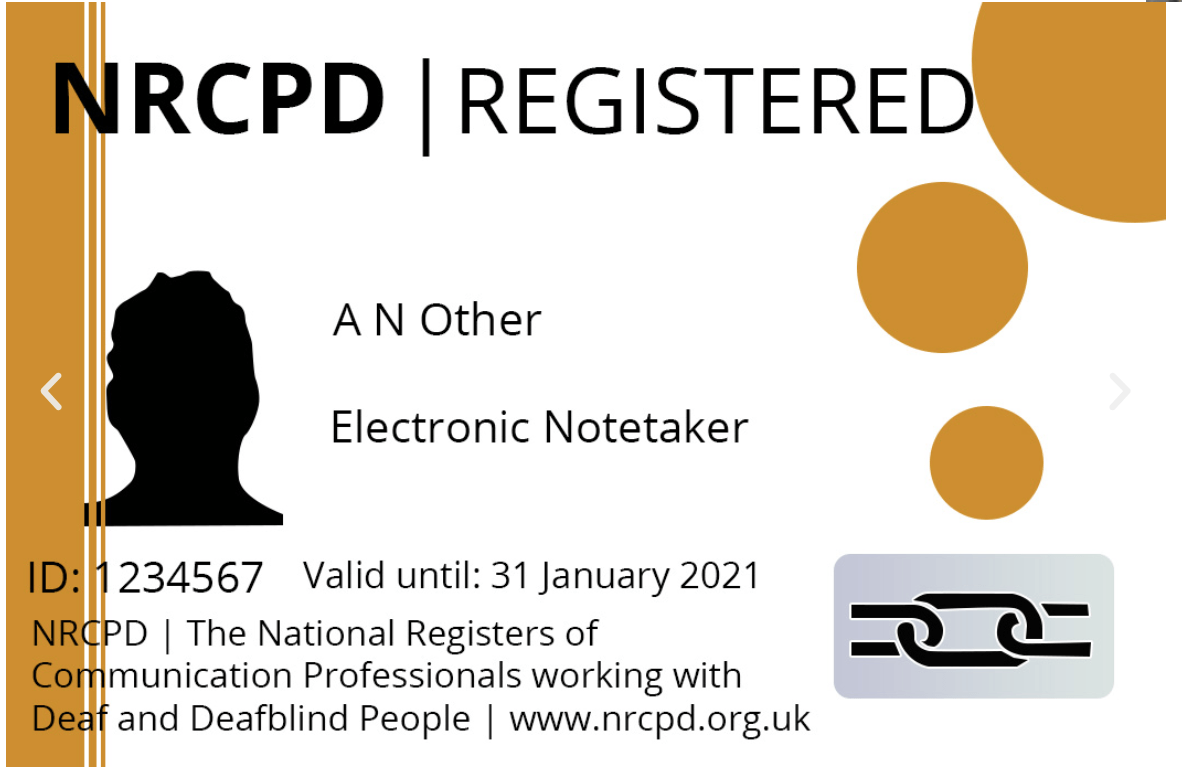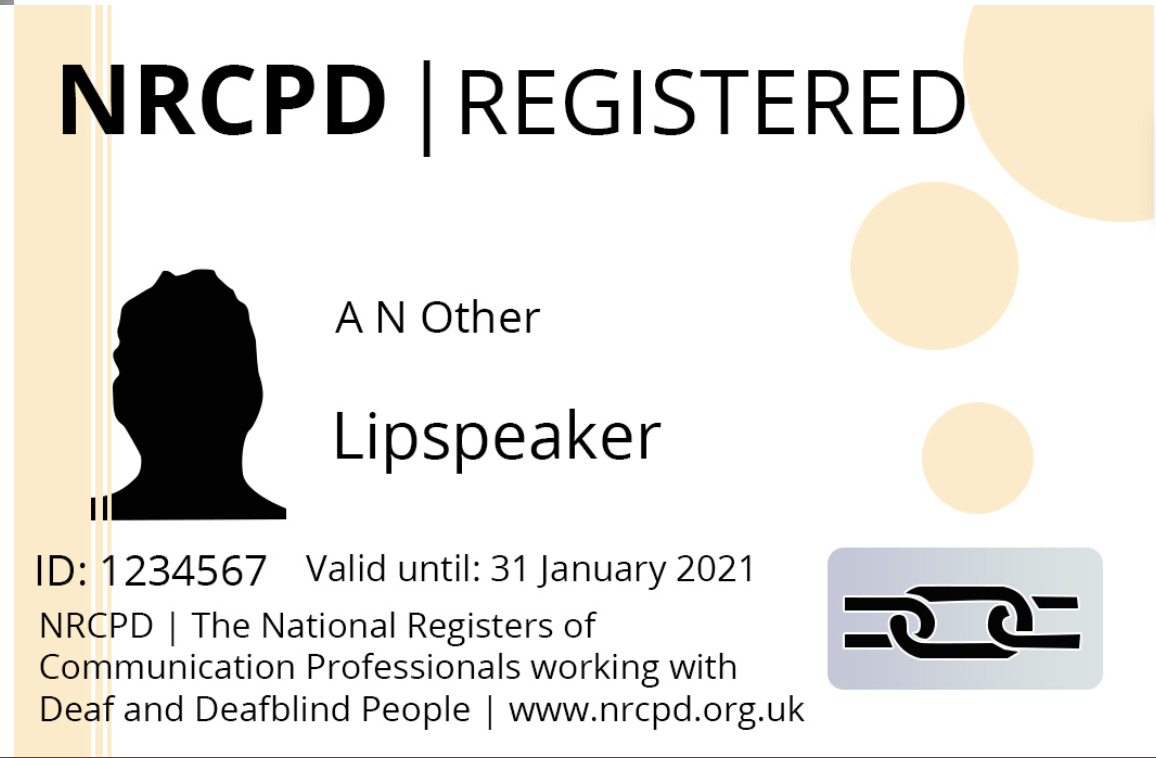Get in touch
e: admin@stagecaptions.com
m: 07837 622229
l: 0131 629 2664
Share
Theatre Captioning
Unfortunately, there is currently no independent regulatory body or membership
Similarly, with audio description, candidates have to pass an externally assessed qualification which is delivered by a national awarding organisation (CERTA) recognised by regulators throughout the UK. Only once they have done so, will the Audio Description Association (ADA) or ADA Scotland allow providers to advertise in their respective directories.
Unfortunately, there is currently no independent regulatory body or membership
association in the UK overseeing captioning standards. This situation contrasts with other types of access professionals working in theatre. To become a BSL/English Interpreter, candidates must undergo rigorous training before being deemed fit to practice and able to register with an appropriate regulatory body (ie, NRCPD).
Similarly, with audio description, candidates have to pass an externally assessed qualification which is delivered by a national awarding organisation (CERTA) recognised by regulators throughout the UK. Only once they have done so, will the Audio Description Association (ADA) or ADA Scotland allow providers to advertise in their respective directories.
According to Stagetext and The Federation of Scottish Theatre, it is best practice to book a captioner who has undertaken Stagetext training and examination. If booking a theatre captioner directly, you can ask for evidence that they hold the
Stagetext Certification in Theatre Captioning for Deaf People.
By doing so, you can be assured that formatting and output of the text will adhere to industry conventions and therefore align with what patrons are accustomed to seeing at captioned performances.
By doing so, you can be assured that formatting and output of the text will adhere to industry conventions and therefore align with what patrons are accustomed to seeing at captioned performances.
If your performance is semi-scripted, likely to feature extemporaneous speech or a post-show discussion, you may want to consider booking a Theatre Captioner who also provides
live captioning
services, (ie, A Speech to Text Reporter or Electronic Notetaker).
Captioning/Lipspeaking Services
Who pays for the service?
If you are Deaf or hard-of-hearing, you will not usually
Who pays for the service?
If you are Deaf or hard-of-hearing, you will not usually
be required to pay for communication support. Under the Equality Act 2010, it is the responsibility of the service provider and pay for any 'reasonable adjustments' you require.
Below are some of the different funding streams you can access to pay for Electronic Notetakers or Lipspeakers in employment and education:
Below are some of the different funding streams you can access to pay for Electronic Notetakers or Lipspeakers in employment and education:
- Access to Work
www.jobcentreplus.gov.uk
- Personal Independence Payment
www.direct.gov.uk
- Disabled Student Allowance
www.saas.gov.uk
What professionals standards do you follow?
I am also registered with the Scottish Register for Language Professionals with the Deaf Community (formerly SASLI).
Registrants must adhere to a strict Code of Conduct and Practice. This means that they cannot take part in the meeting and anything that is said must remain confidential.
In addition, I am required to undertake 24 hours of CPD every year through NRCPD and 30 hours of CPD with SRLPDC in order to maintain my registrations.
Registrants must adhere to a strict Code of Conduct and Practice. This means that they cannot take part in the meeting and anything that is said must remain confidential.
In addition, I am required to undertake 24 hours of CPD every year through NRCPD and 30 hours of CPD with SRLPDC in order to maintain my registrations.
- The NRCPD Code of Practice for communication professionals can be downloaded here.
- The NRCPD Complaints Procedure can be downloaded here.If you wish to book an Electronic Notetaker or Lipspeaker directly or through an agency, it is your right to ask whether the ENT is registered with NRCPD. A Lipspeaker should be registered with NRCPD or SRLPDC.
How many communication professionals should I book?
Where an assignment is expected to last longer than two hours, typically two communication professionals should be booked. This will be discussed at the time of booking.
The communication professional should not be expected to work for longer than one hour without a break. Where the client is unable to pay for more than one communication professional, more breaks will need to be negotiated.
Who provides the equipment?
Electronic Notetaking is a portable system and easy to use. The Electronic Notetaker booked for the session should provide two laptop computers and associated software.
The client or venue should provide the Electronic Notetaker with a power supply, a table to sit at and good sight lines to the speakers.
What information do I need to provide?
Ideally, the communication professional should have sight of presentation or teaching materials before the assignment and a list of speaker names. This enables them to enter shortforms into their abbreviation dictionaries.
Preparatory material is especially important when speakers will be reading from scripts.
Where an assignment is expected to last longer than two hours, typically two communication professionals should be booked. This will be discussed at the time of booking.
The communication professional should not be expected to work for longer than one hour without a break. Where the client is unable to pay for more than one communication professional, more breaks will need to be negotiated.
Who provides the equipment?
Electronic Notetaking is a portable system and easy to use. The Electronic Notetaker booked for the session should provide two laptop computers and associated software.
The client or venue should provide the Electronic Notetaker with a power supply, a table to sit at and good sight lines to the speakers.
What information do I need to provide?
Ideally, the communication professional should have sight of presentation or teaching materials before the assignment and a list of speaker names. This enables them to enter shortforms into their abbreviation dictionaries.
Preparatory material is especially important when speakers will be reading from scripts.






